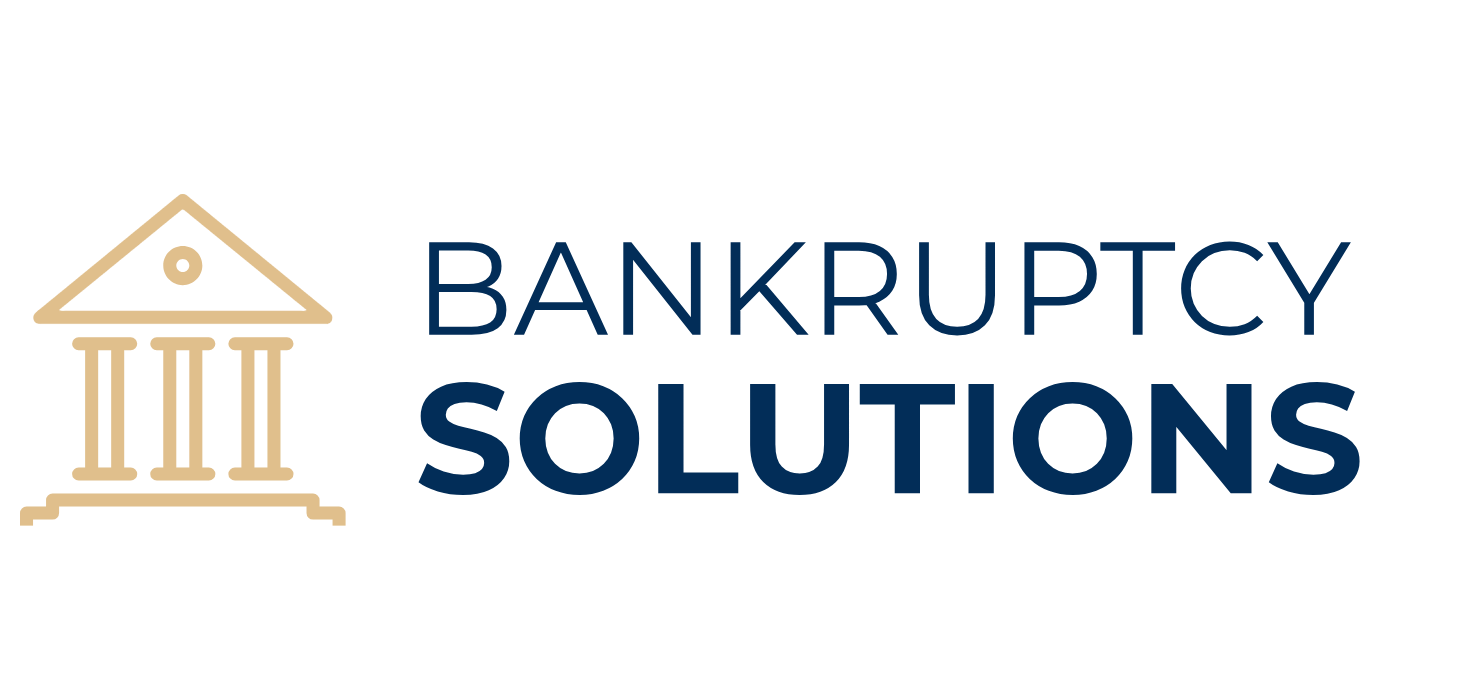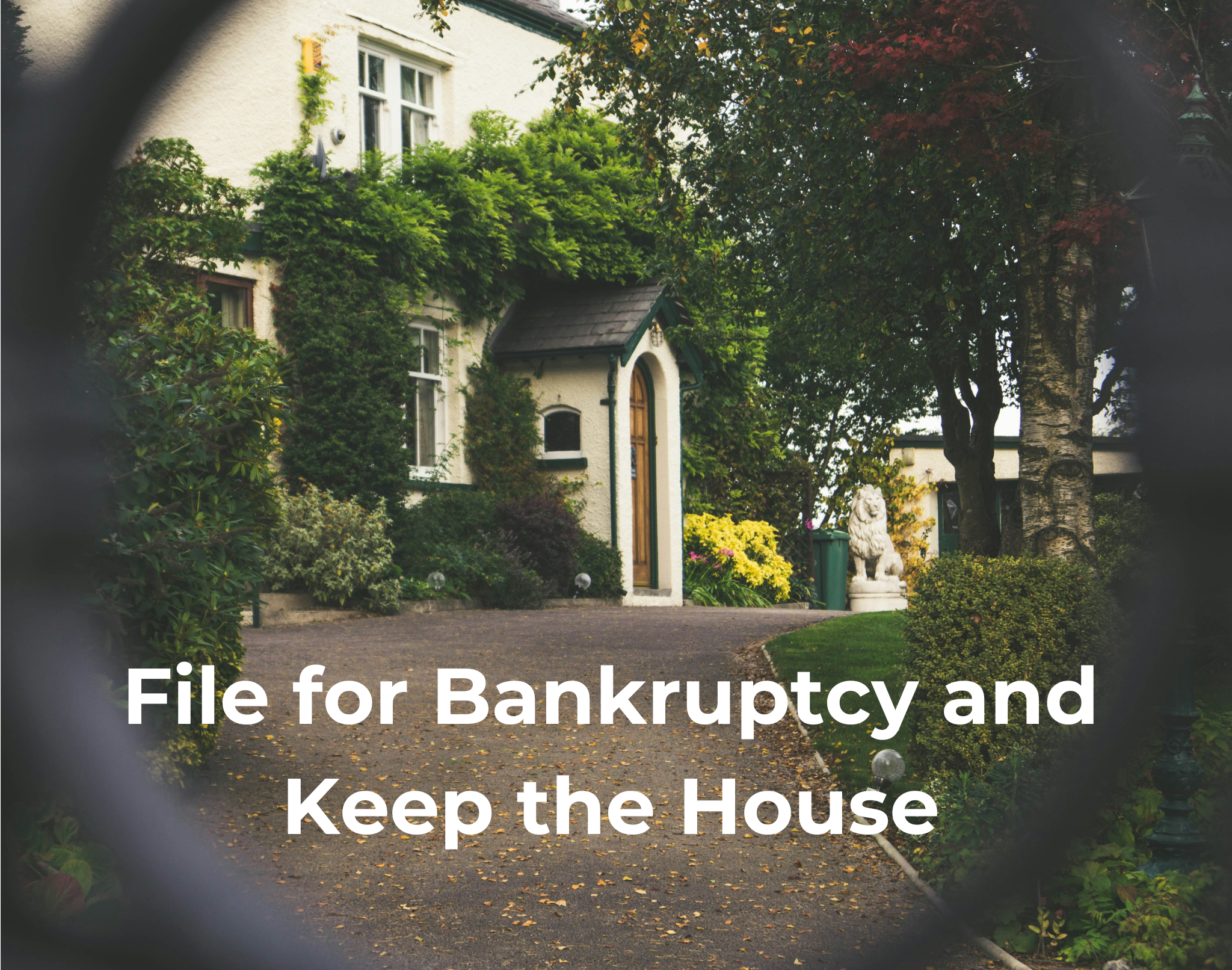Filing for bankruptcy can be a necessary step for individuals struggling with overwhelming debt, but it raises significant concerns, especially regarding the potential loss of one’s home. The good news is that filing for bankruptcy does not automatically mean you will lose your house. Whether you can keep your home depends on several factors, including the type of bankruptcy you file, the equity you have in your home, and your ability to continue making mortgage payments.
Types of Bankruptcy and Your Home
Chapter 7 Bankruptcy
Chapter 7, also known as liquidation bankruptcy, involves the sale of non-exempt assets to repay creditors. However, most states have homestead exemptions that protect a certain amount of equity in your primary residence. If your equity is within the state or federal exemption limit, you can likely keep your home as long as you stay current on your mortgage payments. If your equity exceeds the exemption limit, the trustee might sell your house to pay creditors, though arrangements can sometimes be made to buy back the non-exempt portion.
Chapter 13 Bankruptcy
Chapter 13, or reorganization bankruptcy, allows you to keep your assets, including your home, while you repay your debts over a 3- to 5-year period according to a court-approved plan. This type of bankruptcy is particularly beneficial for homeowners facing foreclosure, as it provides an opportunity to catch up on missed mortgage payments over time. As long as you make the plan payments and stay current on your mortgage, you can retain ownership of your home.
Factors Affecting Home Retention
Several factors influence whether you can keep your home during bankruptcy:
- Equity: The amount of equity you have in your home compared to the exemption limits.
- Mortgage Payments: Your ability to continue making regular mortgage payments.
- Homestead Exemption: The specific exemption rules in your state.
- Foreclosure Status: Whether you are current on your mortgage or facing foreclosure.
How Long After Bankruptcy Can You Refinance Your Home?
Refinancing your home after bankruptcy is possible, but it requires time and rebuilding your credit. The typical waiting period for refinancing depends on the type of bankruptcy filed.
For Chapter 7 bankruptcy, most lenders require a waiting period of two to four years after the discharge date.
For Chapter 13 bankruptcy, you may be able to refinance after one year of on-time plan payments, though some lenders might require the bankruptcy to be discharged before refinancing. Rebuilding your credit score and demonstrating financial stability are critical during this waiting period to secure favorable refinancing terms.
Can I Buy a House After Bankruptcy?
Yes, you can buy a house after bankruptcy, but it will take some time and effort to reestablish your creditworthiness. The waiting period before you can qualify for a mortgage varies by loan type:
- FHA Loans: You can apply for an FHA loan as soon as two years after a Chapter 7 discharge or one year after filing for Chapter 13, provided you have made all plan payments on time and received court approval.
- VA Loans: Similar to FHA loans, VA loans typically require a two-year waiting period after Chapter 7 discharge and may allow for a shorter period for Chapter 13 with the same conditions.
- Conventional Loans: Conventional loans generally require a four-year waiting period after a Chapter 7 discharge and two years after a Chapter 13 discharge.
During this waiting period, focus on improving your credit score by paying bills on time, reducing debt, and avoiding new credit inquiries. Saving for a down payment and demonstrating stable income will also enhance your chances of obtaining a mortgage post-bankruptcy.
Filing for bankruptcy does not necessarily mean losing your home. Understanding the type of bankruptcy, your home equity, and your ability to make mortgage payments are crucial factors in determining your home’s fate. While the road to refinancing or buying a new home after bankruptcy involves waiting periods and credit rebuilding, it is entirely possible to achieve financial recovery and homeownership again with patience and diligence.

